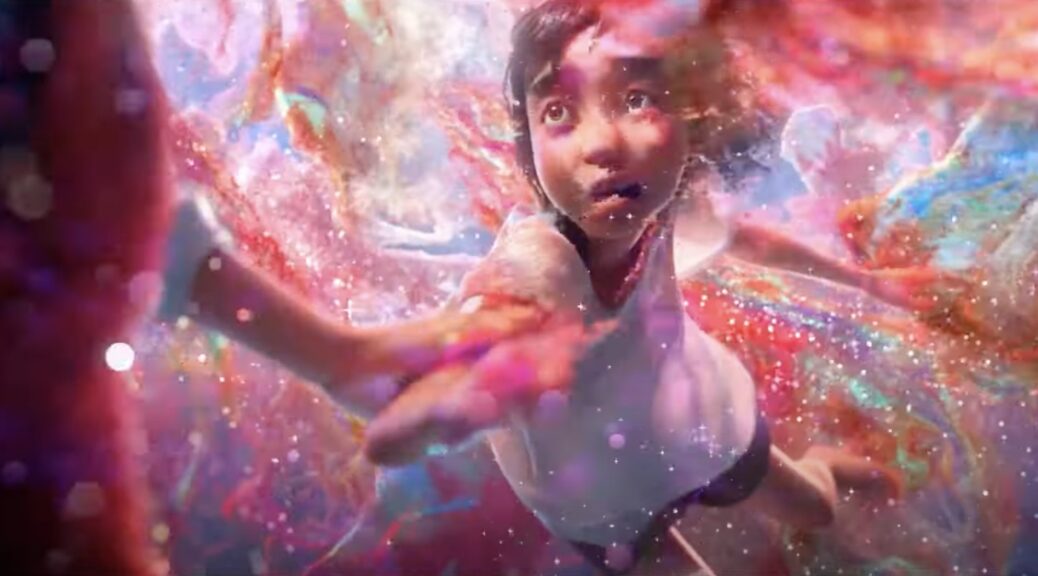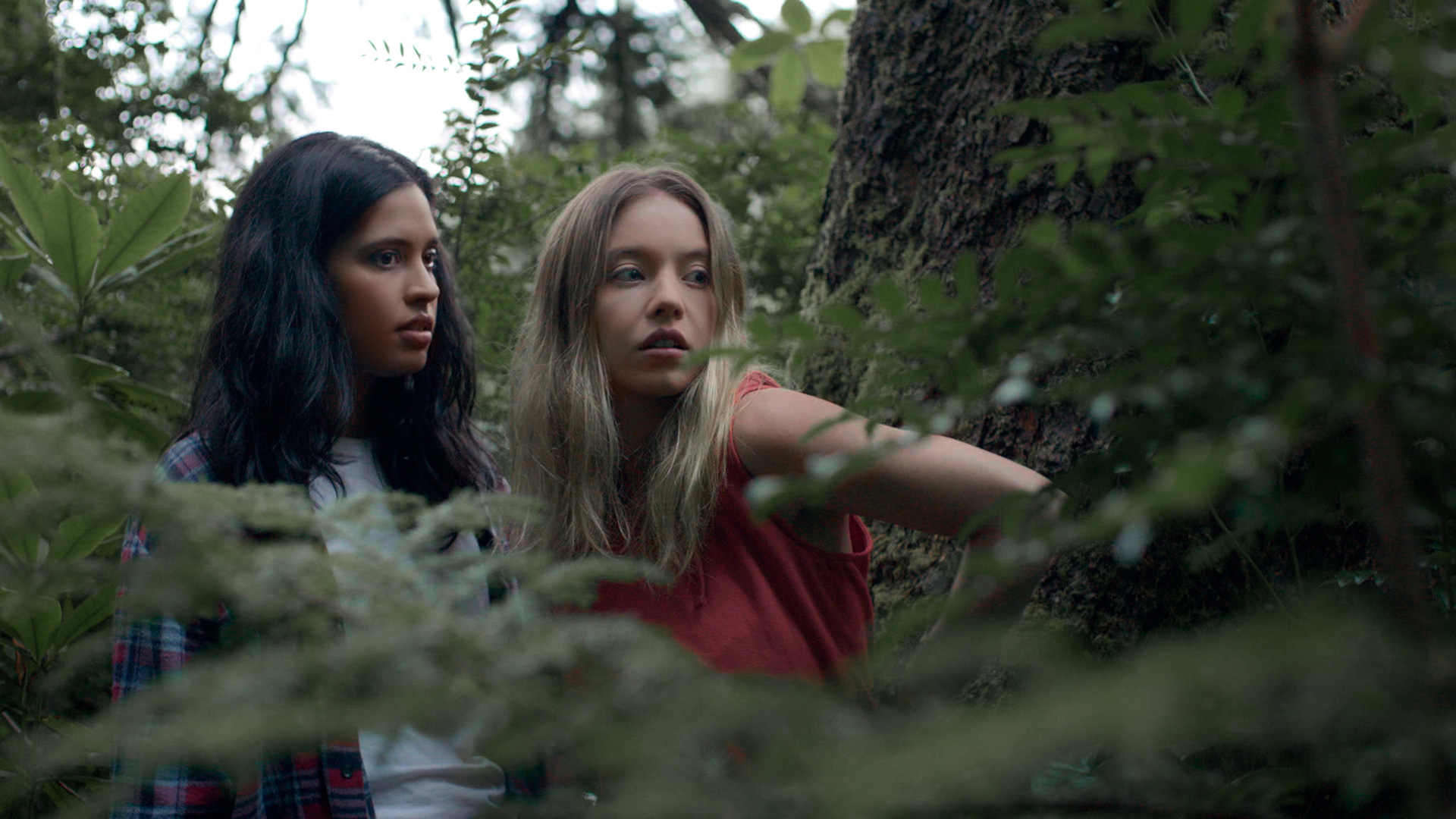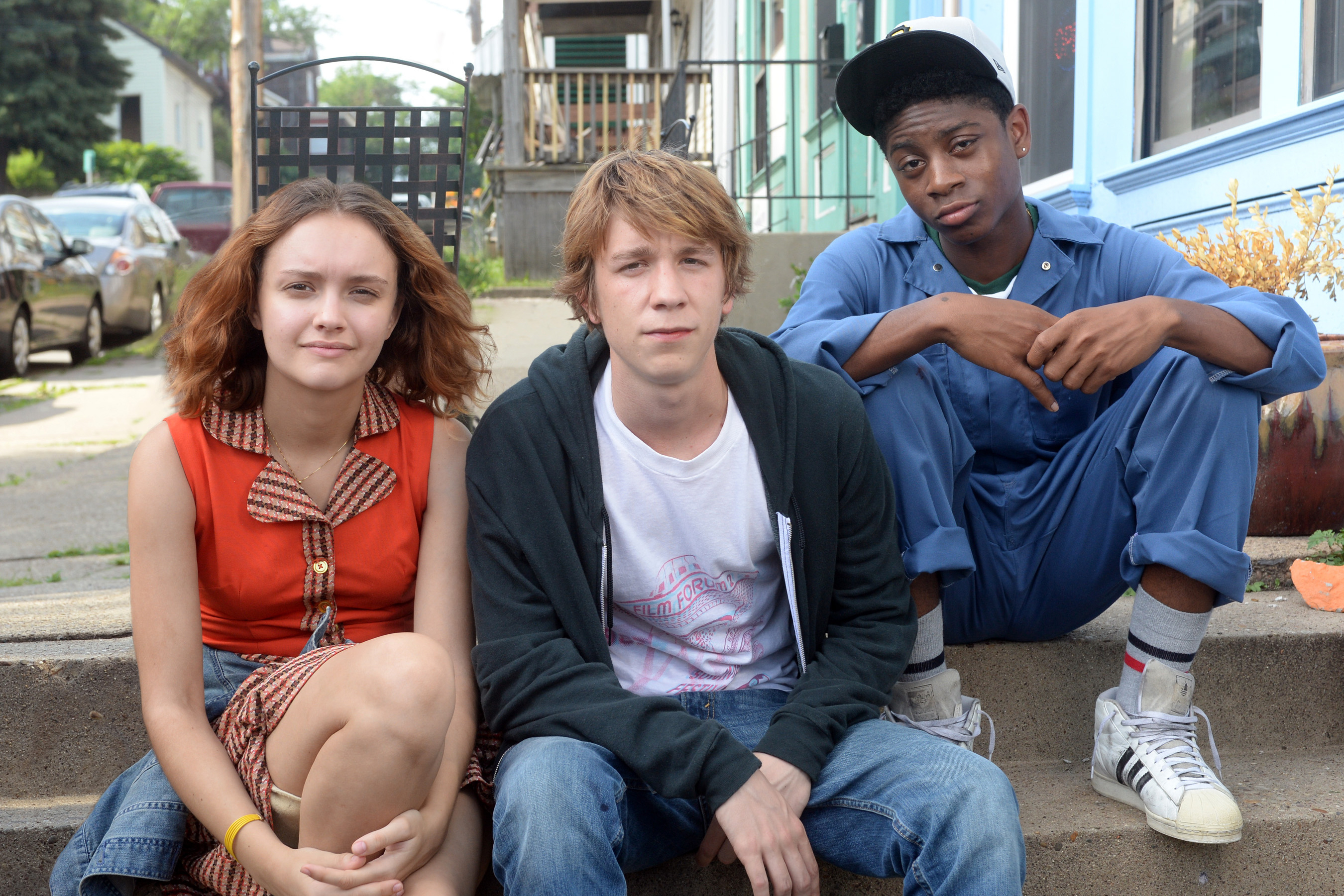Deep Sea
by Matt Weiner
Stormy seas are among the less pressing problems for a troubled young girl trying to find her way in the world, according to Deep Sea, the new animated film from writer-director Tian Xiaopeng (Monkey King: Hero Is Back).
Quiet and withdrawn Shenxiu (Tingwen Wang) dreams of finding the mother that abandoned her as a child. Her father and stepmother take the family on a cruise over Shenxiu’s birthday, but it’s not much of a mental distraction when a late-night storm throws her overboard.
She manages to find her way to a fantasy version of the world, where the cruise ship has been replaced by a floating restaurant called the Deep Sea. Its proprietor and captain is Nanhe (Xin Su), a mischievous and somewhat unscrupulous man who is more interested in getting rich quick than serving as a good steward of both ship and restaurant.
While Nanhe tries to find the right recipe to keep his patrons happy, Shenxiu’s gloomy moods are tied mysteriously to the presence of a Red Phantom, a surging mass of tendrils that threatens to engulf Shenxiu and anything in her way.
While Deep Sea at times lacks the polish and subtle charm of a Studio Ghibli tale, the film succeeds at its own version of the unique blend of terror, wonder and melancholy that comes with growing up. It’s hard not to root for Shenxiu, and that’s helped along by the expressive animation of the intrepid sea creature crew of Nanhe’s floating restaurant.
The film also trusts adolescents to handle content that can at times border on true horror, with more drowning panic than you’re likely to see in the average Disney film. The identity of the metaphorical phantom that pursues Shenxiu throughout the film might be quickly apparent to older viewers, but the emotional climax is no less moving.
And for all the ocean setpieces—which are stunning—it’s often the small touches that cut the deepest. Like Shenxiu’s lone birthday message from her cell phone provider, rather than friends or family. Or the image of a small girl lost in a storm, crying out to her mother.
The sea might be a cruel mistress, but in Xiaopeng’s coming of age tale it’s nothing compared to the pain of embracing life and growing up in the face of hardship.




